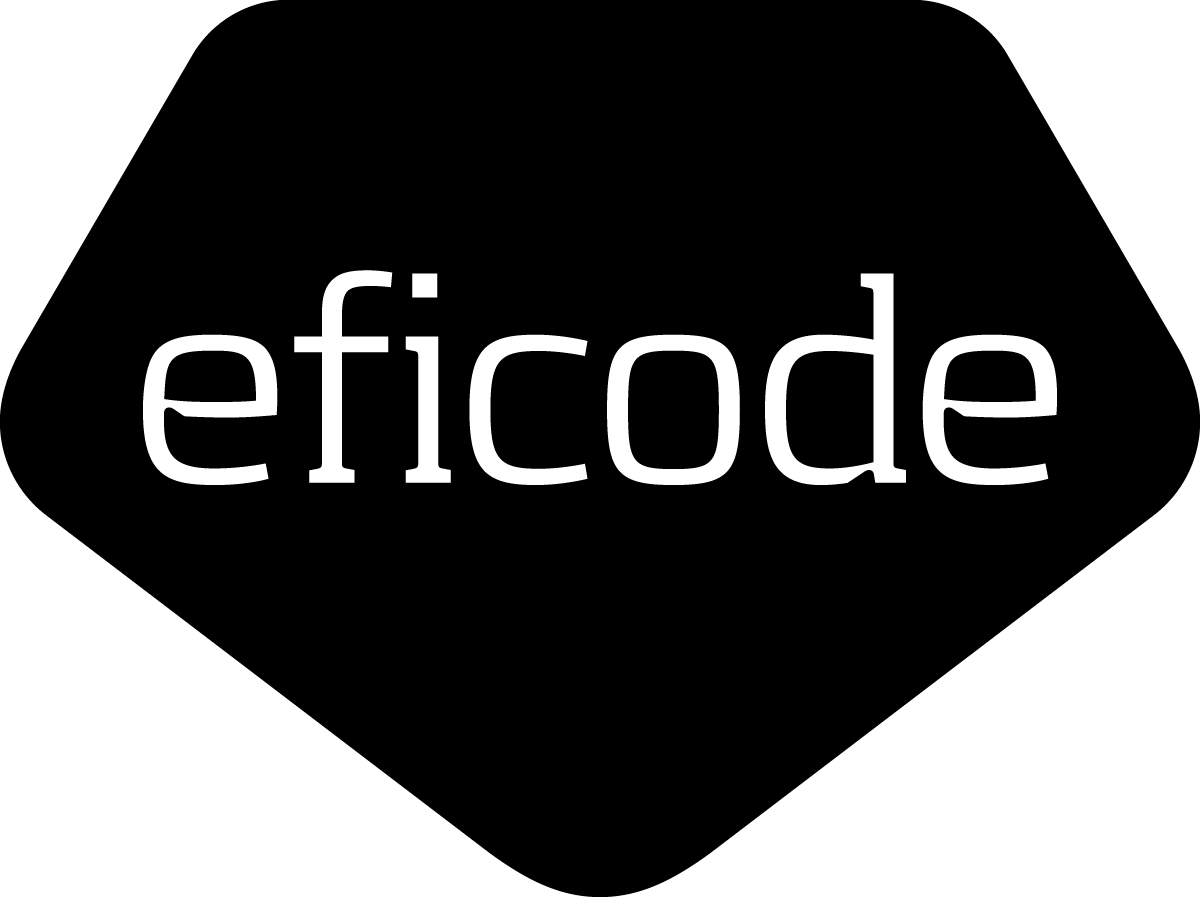- Yhdistys
- Jäsenasiat
- Kirjoitukset ja linkit
- Login
- Liity jäseneksi
- Tapahtumat
- Kuvia
UX SIG: 3rd wave way of working
Kirjoittanut virpi Ti, 19.2.2013 - 23:04
07.03.2013 14:00
07.03.2013 16:30
The field of Human-Computer Interaction has evolved over three decades, from human factors and usability to user experience. But what has changed in practice, in the approaches and methods we use? Has anything changed other than the names of the teams within organizations?
In this UX SIG, we focus on the 3rd wave of HCI, which is about emotions, experiences, real life contexts, social and ubiquitous HCI [Bodker 2006]. We discuss what the 3rd wave means, could mean, or should mean in the work of HCI professionals.
We have a special guest speaker, prof. Daniel Fällman from Umeå University and Interactive Institute of Swedish ICT, whom many of us remember from his inspiring NordiCHI'12 closing keynote. See the end of the page for his bio.
NEW: The presentation materials are available for SIGCHI Finland members (=behind login)
Place: Aalto ARTS @ Arabia, Hämeentie 135C, Helsinki, room 885 (8th floor, turn right from the main elevators, continue the long corridors until you see 885 sign hanging from the roof)
Time: 7.3.2013 14:00-16:30
Registration: No fee, but registration required by Friday 1.3. - Update 1.3. 19:30 Registration closed, the event is full (50 seats)
Agenda
14:00 Coffee
14:30 Prof. Daniel Fällman: Things that Engage - Thoughts about Interaction Design in a Post-Usability World (See abstract below)
15:30 Discussion moderated by Virpi Roto: 3rd wave ways of working
(Virpi will moderate similar discussion at CHI'13, SIG session "On Top of the User Experience Wave – How is Our Work Changing?")
TALK
Things that Engage: Thoughts about Interaction Design in a Post-Usability World
ABSTRACT
As interactive digital technologies are becoming more and more important in our everyday life, the world is increasingly experienced with, through, and by our appliances, mobile devices and apps, web services, and software applications. At the same time, traditionally analogue and mechanical technologies are becoming enhanced with digital capacity, networking capabilities, and interactive behavior, while new, pervasive networking technologies enable these artifacts to communicate with each other.
From the perspective of Human-Computer Interaction (HCI) and Interaction Design, these digital transformations come together to form a number of important questions whose reach we are currently struggling hard to grasp, as they tend to shake the ground of some of our basic concepts such as ‘user’, ‘use’, ‘designer’, and ‘system’. Yet, in transitioning from maximizing usability metrics to today’s so-called ‘third wave HCI’—with its strong focus on issues of user experiences, meaning, and design — what appears lacking is a more explicit characterization of what it is we now strive for as a field. In short, what constitutes a ‘good’ user experience?
In this seminar, I will try to approach this question from three different perspectives: first, a methodological approach for dealing and coping with the complexities of third wave HCI; second, a purpose-based approach intended to shed light on how we can think about and discuss the quality of our activities and designs; and third, a theoretical approach as an example of a way of shaping new design ideals in a world full of uncertainty.
BIO
Daniel Fällman
Studio Director, Interactive Institute Swedish ICT Umeå
Professor, Dept. of Informatics Umeå University, Sweden
Daniel Fällman is a Professor of Informatics at Umeå University, Sweden, where he has also has been affiliated with Umeå Institute of Design for over a decade. He currently serves as Studio Director for Interactive Institute Swedish ICT Umeå, where he leads a research and design lab full of talented young interaction designers, researchers, doctoral students, and engineers specializing in experimental, future-oriented interaction design projects within non-office type environments, including paper mill factories, mountain bike paths, and scuba diving reefs.
Fällman's primary research interests are in the confluence of HCI and design and include new interaction technologies and interaction styles; improving sketching techniques for interaction designers; design theory and its influence on HCI; phenomenology and questions of embodiment, involvement, and meaning; and a broad interest in the philosophy of technology. He has published over 50 academic articles in leading international journals and conferences in the fields of HCI, Interaction Design, and Design Research, and held numerous talks to academic, professional, and general public audiences. In 2010, he was given the award ‘Future Research Leaders in Sweden’ by the Swedish Foundation for Strategic Research.
»








